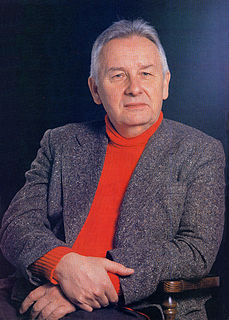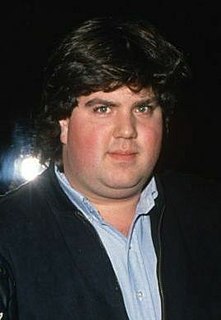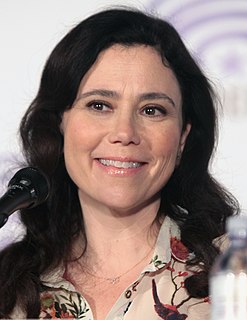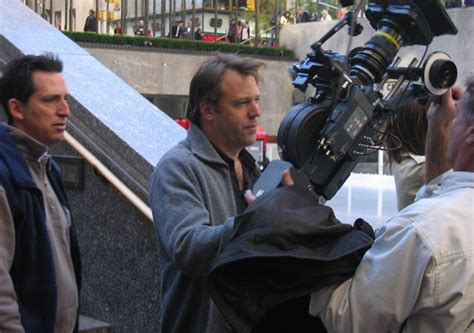A Quote by Henryk Gorecki
I do not choose my listeners. What I mean is, I never write for my listeners. I think about my audience, but I am not writing for them. I have something to tell them, but the audience must also put a certain effort into it. But I never wrote for an audience and never will write for one, because you have to give the listener something and he has to make an effort in order to understand certain things.
Related Quotes
Speakers find joy in public speaking when they realize that a speech is all about the audience, not the speaker. Most speakers are so caught up in their own concerns and so driven to cover certain points or get a certain message across that they can't be bothered to think in more than a perfunctory way about the audience. And the irony is, of course, that there is no hope of getting your message across if that's all the energy you put into the audience. So let go, and give the moment to the audience.
What I love most about playing in front of people has something to do with a certain kind of energy exchange. The attention and appreciation of my audience feeds back into my playing. It really seems as if there is a true and equal give and take between performer and listener, making me aware of how much I depend on my audience. And since the audience is different every night, the music being played will differ too. Every space I performed in has its own magic and spirit.
With a book, you're guaranteed the audience has a certain skill level and that the audience has to make an ongoing effort to consume this product and that the project is being consumed by just one person at a time. I really want to play to that strength because it's one of the few advantages books still have.
I think you set up certain standards. I've always kind of believed in the Neil Pert way of making records where I'm trying to step it up every time I do something. You're trying to better yourself. You're also trying to make your audience or your listeners more interested. So, if you can up it, I think that's important.
I've told Michael Jackson jokes. If you got really technical, you could say those are jokes about child molestation. You could, if you got technical. A lot of this is just selective outrage because honestly, the audience are the ones that tell us that something shouldn't be spoken. The audience lets us know. And I've never, in my almost 30 years of being a comedian, seen a comedian continue to tell a joke that the audience doesn't respond to. I've never seen it.
Well, I think it's important to keep things secretive because what's happened so much is the press competes with each other to put as much information out there as they can and sometimes it can be very damaging to the films to have the stories leaked or certain plot details. I think it's important to have something remain secretive for the audience and something special for the audience so there aren't spoilers all over the internet.
Do you know how some people can do anything?” “What do you mean?” “I mean, you tell them to write a tune, they give you a symphony right there. You tell them to write a book, they write you a novel in a day. You tell them to move a spoon without touching it, they move it. If they want something, they make it happen. Miracles, almost.
The next time I write a play - in order to get audience trust for a particular sort of tragic line, I'll try to bring the audience a good distance before that. Part of that is allowing comic moments to occur. I had been afraid of that - that once the audience started laughing in the play, they would never stop.








































